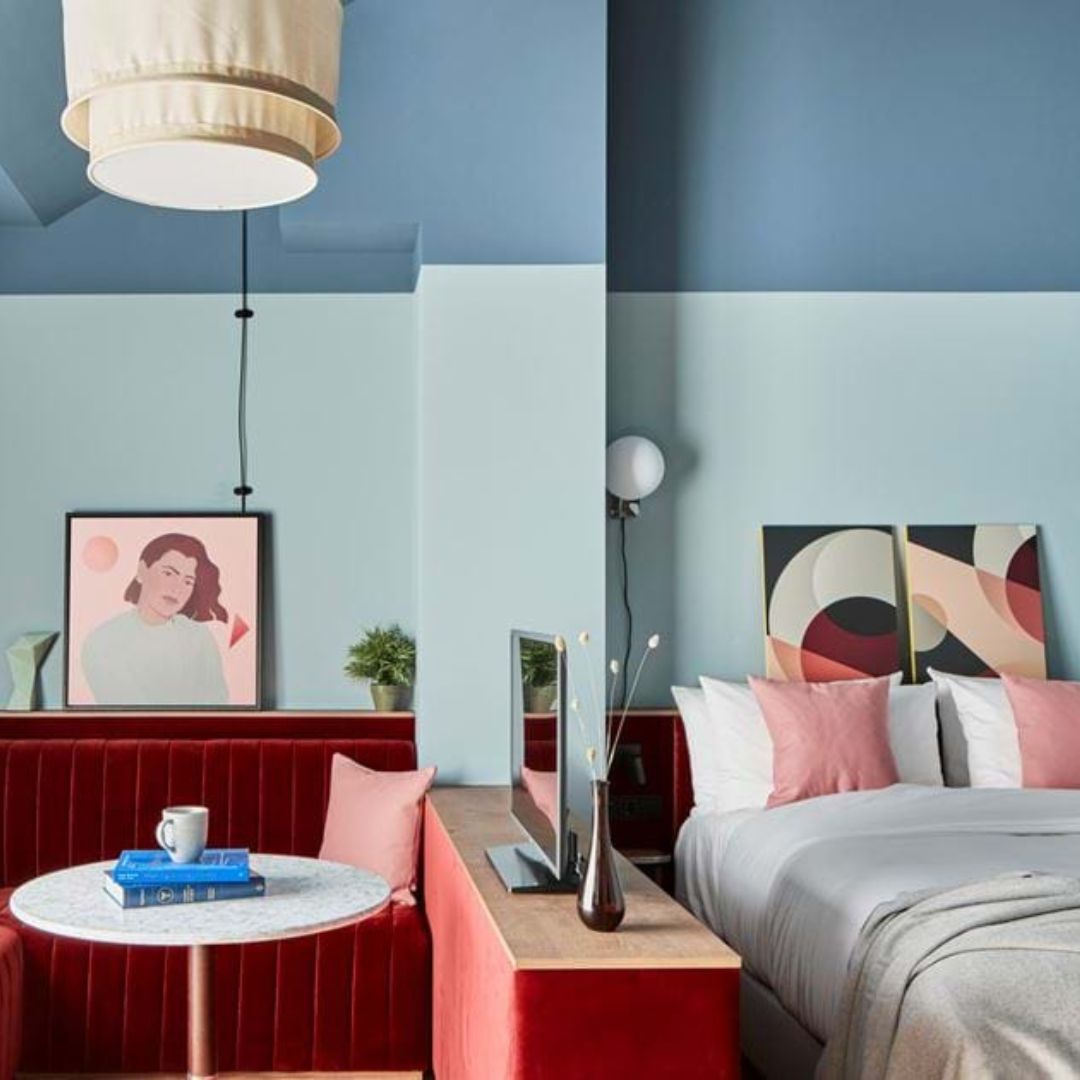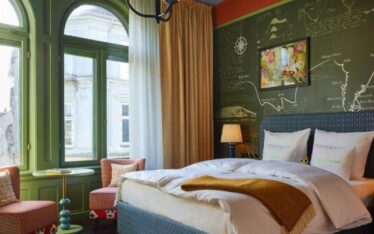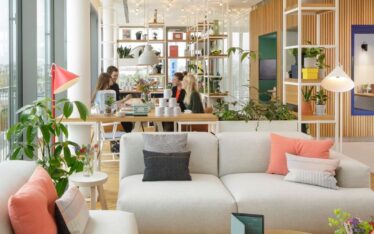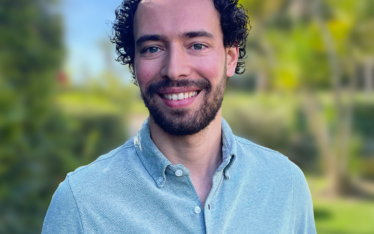This article is an excerpt from our white paper ‘Hybrid Hospitality Unpacked: From concept to community building’.
Alongside the major lifestyle changes brought by the pandemic and the shift towards remote and hybrid working has come an increased demand for extended stays.
While the hotel industry struggled through the pandemic, the extended stay sector proved more resilient than other hotel categories as extended stay hotels were able to stay open and cater to those who needed temporary accommodation. The segment has continued to prove its resilience as guest demand has grown – last year, extended stay chains operated at an average occupancy of 73%.
One reason for this strength is that extended stay hotels appeal to growing guest segments like digital nomads and slow travellers that are looking for a home-away-from-home experience, minus the long term lease and logistics that come with renting. A side from practical elements such as kitchen and laundry facilities, long-stay guests also want to feel connected to others and their destination – and they expect the hotels they stay in to help facilitate this connection.
Hotels with hybrid models are well placed to cater to these guests as they provide a whole ecosystem under one roof that features services and amenities which support people’s lifestyles – from work to working out, leisure to rest.
A leading hybrid hospitality company that has revolutionised the extended stay sector is edyn. With three brands – Locke Hotels, SACO and Cove – the company boast a global supply chain of over 80,000 apartments in 260 locations.
In particular, edyn’s Locke Hotels brand operates an innovative hybrid model which blends apartment living with immersive experiences, coworking spaces, excellent F&B offerings and high concept design.
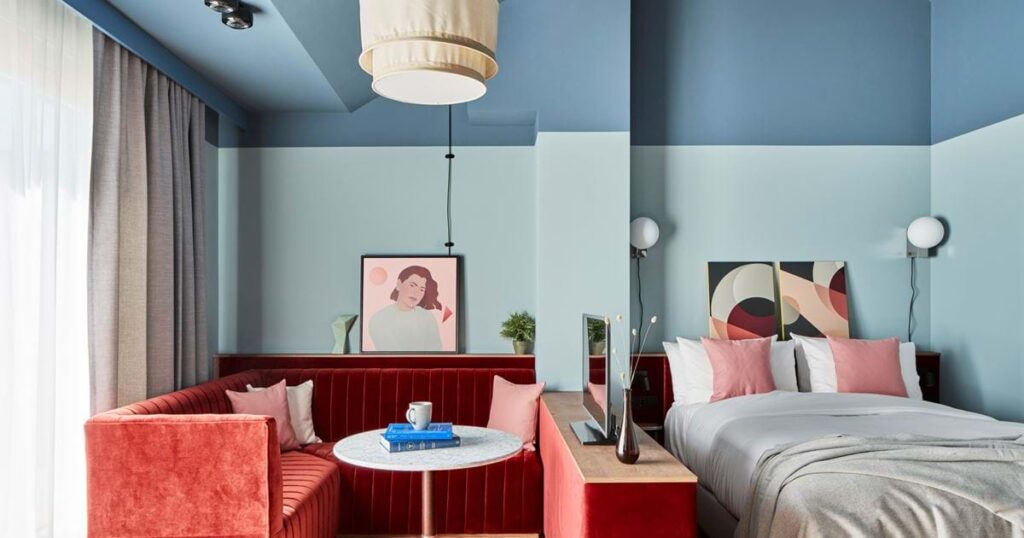
In this interview, we hear from Nick Barton – Chief Commercial Officer at edyn – on the commercial benefits of offering both short and long stays, how a sense of community can truly be instilled among different guest segments and how he sees the hybrid concept evolving moving forwards.
From a commercial perspective, what are the benefits of having a long-stay offer alongside a short stay offer?
In the most straightforward terms, it is simply more profitable to run this way. Longer stays mean a lower guest acquisition cost and you’re not turning rooms over as quickly or doing as many check-ins which reduces operational costs.
From an investment point of view, this model makes a lot of sense economically. We’re owned by Brookfield and they have taken a forward-facing view on the apart-hotel sector, largely because of the commercial advantages of running a hybrid model.
Has demand for long-stays increased as the world has opened back up after the pandemic?
We’re definitely seeing increased demand for longer stays from different segments of our customer base.
Remote workers and digital nomads are one such segment along with those hybrid workers who are now based outside of the city but commuting in for a few days a week. We’re also seeing demand from international and mature students who need a base while they study.
Across these segments, we have a growing base of regular guests who love the community and see us as a home away from home. It’s exciting to see that network grow as we expand into new locations.
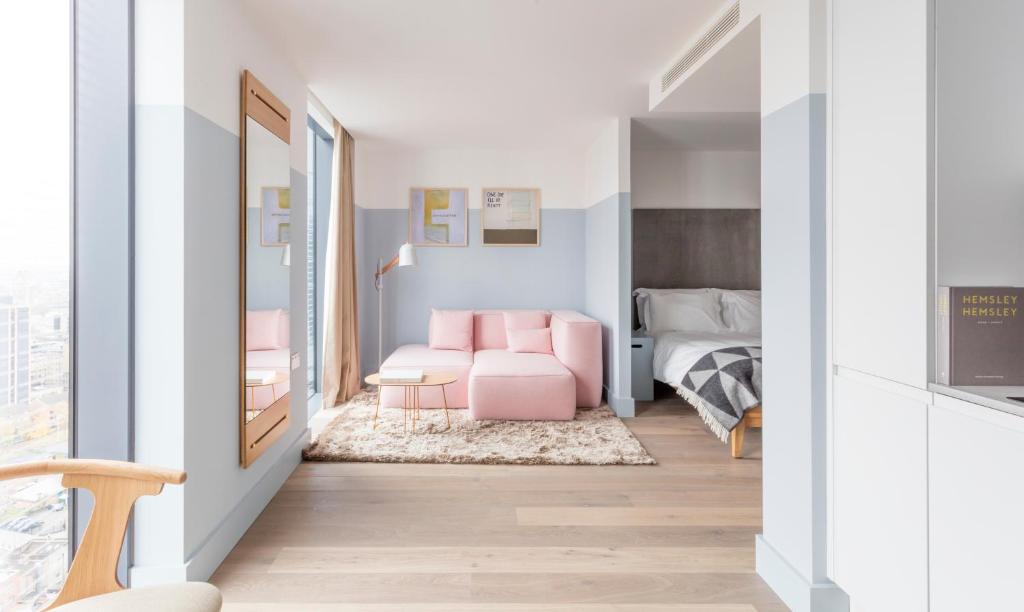
What makes Locke a great home away from home for long-stay guests like these?
From a design perspective, the reason we build our spaces the way we do is that if someone is going to stay for a longer period of time, they want all the home comforts they get in their day-to-day life. That extends into the way we build in the service offering, coworking, onsite F&B and shared spaces – we are all about creating spaces people can live in and really make their own.
Beyond that, I think it’s the sense of community we foster in our spaces that sets Locke apart. Travelling over a longer period can be a lonely existence at times. If you ask our long-stay guests what matters most to them, they always talk about the people they meet and our house hosts. Having somewhere they can be comfortable and be themselves, while connecting with others, is what is really important.
How do you create that sense of community onsite between long-stay guests?
Our starting point in connecting guests is that we don’t want to force fun. Instead, we try to provide a canvas for like-minded individuals to come together through cultural activation.
We offer guests a broad range of communal experiences: arts events, wellbeing sessions, running classes, yoga sessions, music nights, and much more. These are the kind of approachable events that like-minded people then naturally gravitate towards.
It all ties back into providing a space where guests can feel part of a community as they carry on doing the things they love doing in their daily lives.
And it may even encourage them to try new habits or discover new hobbies.
To give you a sense of the commercial impact of this, more than half of the revenue that comes through our direct channels is from community members that have an affiliation with us through enjoying these events.

Can you tell me more about your house hosts?
Our house hosts are front and centre in our guest experience and are one of the key elements that define what’s different about the Locke brand. They know our cities – they might introduce guests to their favourite café or club, let them know about the latest gig that’s going on or share stories about the local neighbourhood.
The idea is that when you stay somewhere, it’s very much about the people and places you connect with. This is particularly important for long-stay guests because if you’re living somewhere, you want to feel at home and the house hosts play a huge role in creating that feeling.
Finally, how do you see the hybrid model evolving?
I think the hybrid model has got a really bright future. We have global management brands looking at this sector with quite a lot of jealousy, so I think you’re going to see more competition from bigger brands moving into this space and from independents. As this happens, the market will continue to sub-segment and we will see the emergence of more premium brands as well as budget offers.
The convergence of spaces that we have seen between hotels, co-working spaces, and F&B spaces will continue. And I think there will be a move towards providing more space which potentially means moving out into more secondary and tertiary locations as guests are going to be willing to travel a little further for that.
My view is that the pandemic has changed travel for good – there are trends that have emerged from that period that are certainly going to stay. One of these is people travelling for longer as we are already seeing. Another is less short-term business travel, while blended leisure and business trips will continue to grow in popularity.
The world is different now, we have got to keep on our toes and keep on adjusting to that.
